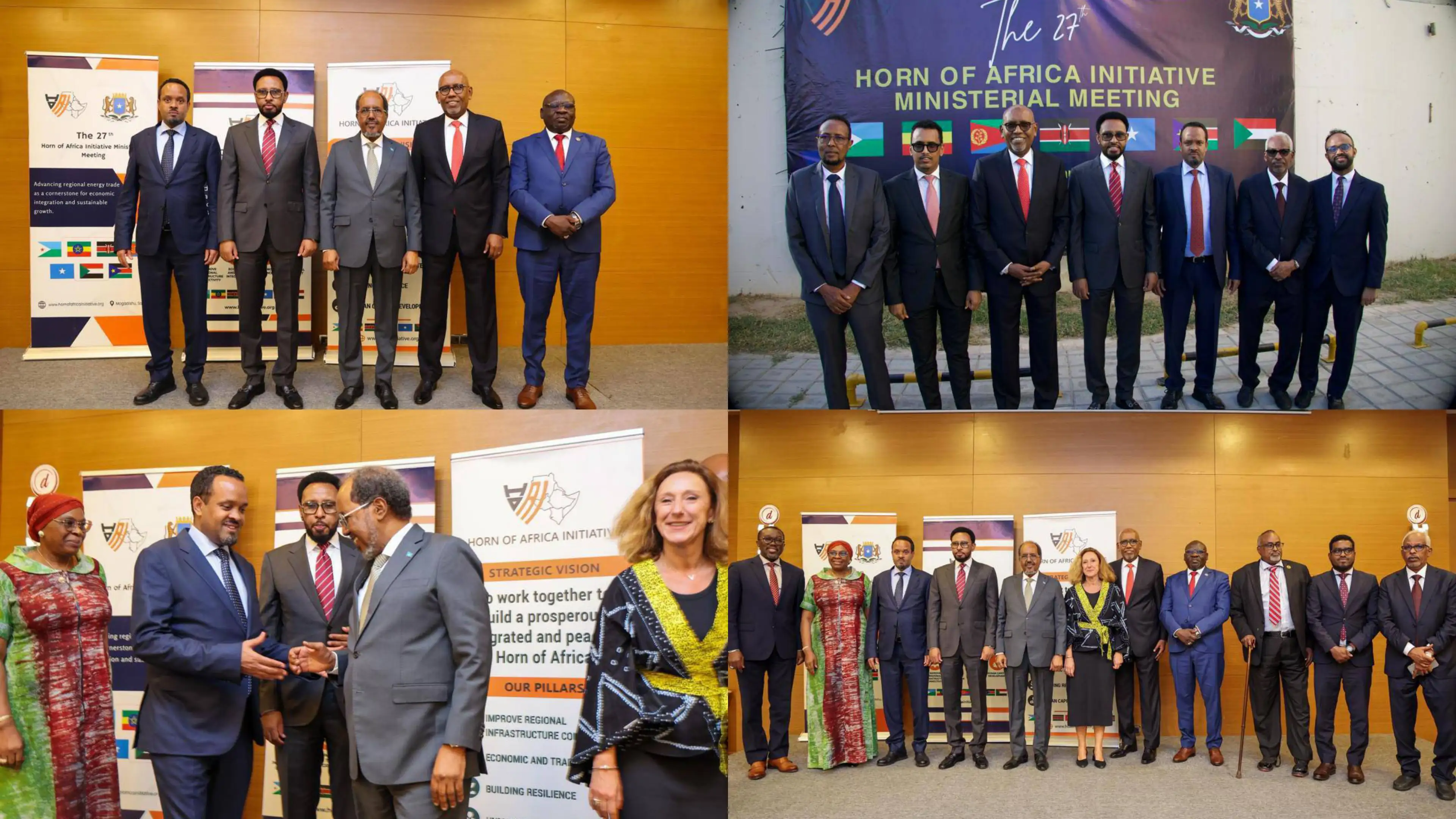Recent assessments from the Ethiopian Meteorological Institute (EMI) have confirmed a period of substantial rainfall throughout June and July, setting the stage for significant agricultural advancements.
This crucial weather pattern has bolstered expectations for a productive planting and growing season, poised to translate into notable gains for the country's agricultural sector in the coming months.
The Director General of EMI and President of the World Meteorological Organisation for Africa, Feten Teshome, has confirmed that the heavy rains recorded recently are expected to have a transformative effect on various sectors.
As the rainy season progresses, the initial downpours have been described as normal to above normal, with rainfall starting in the southwest and gradually spreading throughout the country.
In June, 90 areas experienced rainfall ranging from 30 to 71 mm, and in July, 137 areas recorded 30 to 127 mm within just 24 hours. The cumulative effect of this weather pattern has resulted in a remarkable total of 850 mm of rain over the two months, according to him.
He underscored that the upcoming agricultural season is anticipated to benefit significantly from this winter rainfall, with expectations of improved conditions for harvests, urban agriculture, and irrigation practices.
Increased water levels in dams are likely to enhance not only agricultural productivity but also initiatives focused on environmental protection and reforestation.
Furthermore, pastoralists and semi-pastoralists can look forward to a better supply of animal feed, a critical component for livestock health and productivity.
Looking ahead, farmers are gearing up to maximise the potential of their harvests, supported by the favourable rainfall. Urban and rural communities alike are preparing for the opportunities this season brings, from increased crop yields to better water management strategies.
As preparations unfold, stakeholders in agriculture and environmental stewardship remain hopeful that these positive rainfall patterns will usher in a season of growth and sustainability across Ethiopia.
With such promising weather developments, the nation stands on the brink of a revitalised agricultural landscape that could significantly uplift its economy and support food security initiatives. The EMI continues to monitor these patterns closely, ready to provide updates that will aid in resource management and planning for the months ahead, the Institute disclosed.




